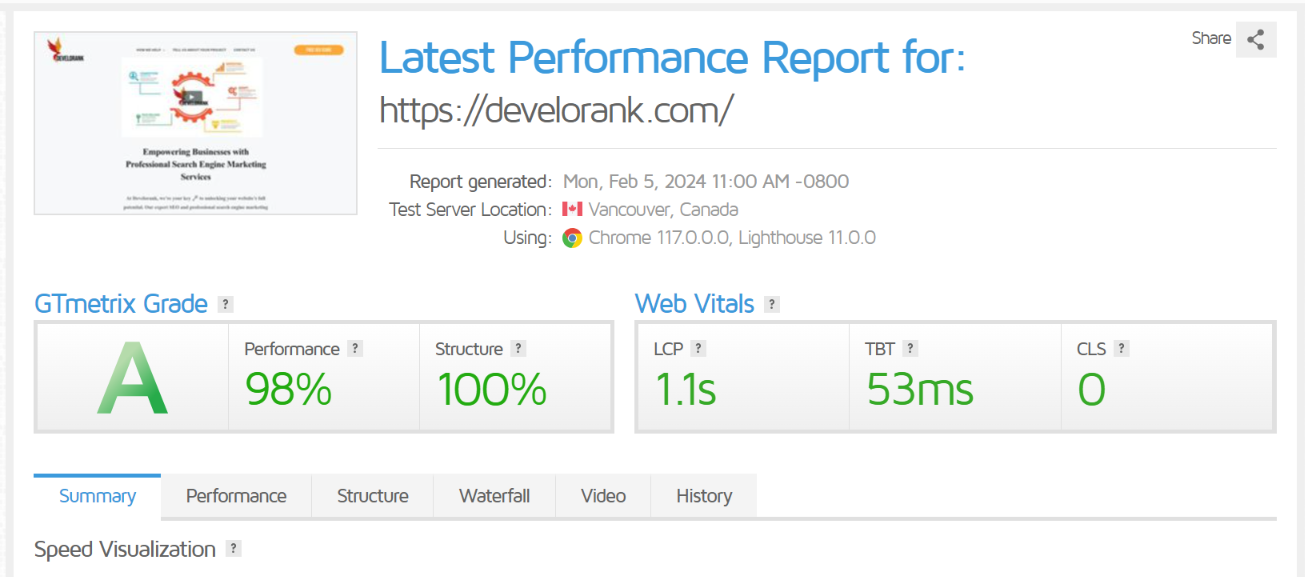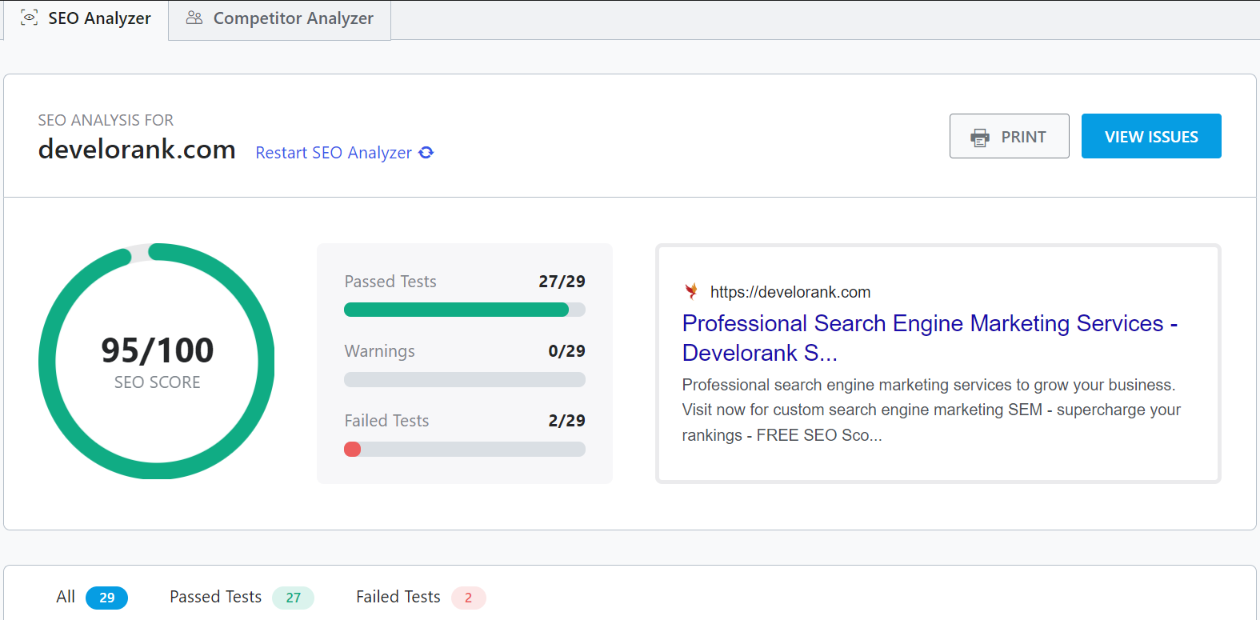💯 MANAGED SEARCH ENGINE MARKETING SERVICES (SEM)
🎯 GET A CUSTOM TAILORED SEO MARKETING ROADMAP 🗺️
🚀 FASTER SITES RANK HIGHER


📈 WE MEASURE AND TRACK YOUR RESULTS
Measuring and optimizing website metrics is not just about numbers; it’s the compass that guides your online strategy, revealing valuable insights that shape your digital success!
By measuring and optmizing your website metrics, it offers a strong ROI by providing actionable data that informs strategic decisions. It enhances the user experience, optimizes marketing efforts, and leads to cost-effective targeting. By leveraging metric data to refine content, boost conversion rates, and enhance SEO, businesses can achieve substantial returns on their online investments. 📊🚀💼
❓ MANAGED SEARCH ENGINE MARKETING FAQ’S
Search engine marketing management refers to the process of overseeing and optimizing paid advertising campaigns on search engines like Google and Bing. This includes everything from keyword research, ad creation, and bidding strategy to tracking performance and making adjustments to improve return on investment (ROI). A managed SEM service involves a dedicated team or professional taking care of your entire SEM strategy, ensuring your ads reach the right audience at the right time. This type of management also covers continuous campaign monitoring, split testing, and adjusting ad budgets to maximize results. With effective SEM management, businesses can drive targeted traffic and increase conversions, while focusing on other important aspects of their business.
A search engine marketing specialist is responsible for creating, managing, and optimizing paid advertising campaigns on platforms like Google Ads and Bing Ads. Their main goal is to drive targeted traffic to a website by using a variety of strategies, such as keyword research, ad copywriting, and setting up the right bidding strategy. They also analyze the performance of these campaigns by tracking metrics like click-through rates (CTR), conversion rates, and cost-per-click (CPC) to continuously improve the return on investment (ROI). Additionally, a search engine marketing specialist ensures that the ads are reaching the right audience through careful audience targeting and remarketing efforts. Essentially, they are the experts who ensure your business is getting the most value from its search engine marketing efforts.
The key difference between SEM (Search Engine Marketing) and SEO (Search Engine Optimization) lies in how they help businesses increase their visibility on search engines. SEO focuses on improving a website’s organic ranking by using strategies like keyword optimization, content creation, and link building to rank higher in the search engine results pages (SERPs) naturally, without paying for ads. On the other hand, SEM involves paid advertising strategies, such as Google Ads or Bing Ads, to immediately show up at the top of search results through paid listings. While SEO is a long-term investment in organic growth, SEM offers quicker, immediate results by paying for visibility. Both SEM and SEO can work together to drive traffic, but they serve different purposes in a digital marketing strategy.
To optimize search engine marketing (SEM) effectively, you need to carefully manage various elements like keyword targeting, ad copy, bidding strategies, and audience segmentation. The process starts with in-depth keyword research to identify high-performing search terms. Next, it’s crucial to create compelling ad copy that grabs attention and includes a strong call-to-action (CTA). A well-optimized bidding strategy ensures you’re not overspending on keywords, and continuous campaign monitoring helps adjust the ads for maximum impact.





